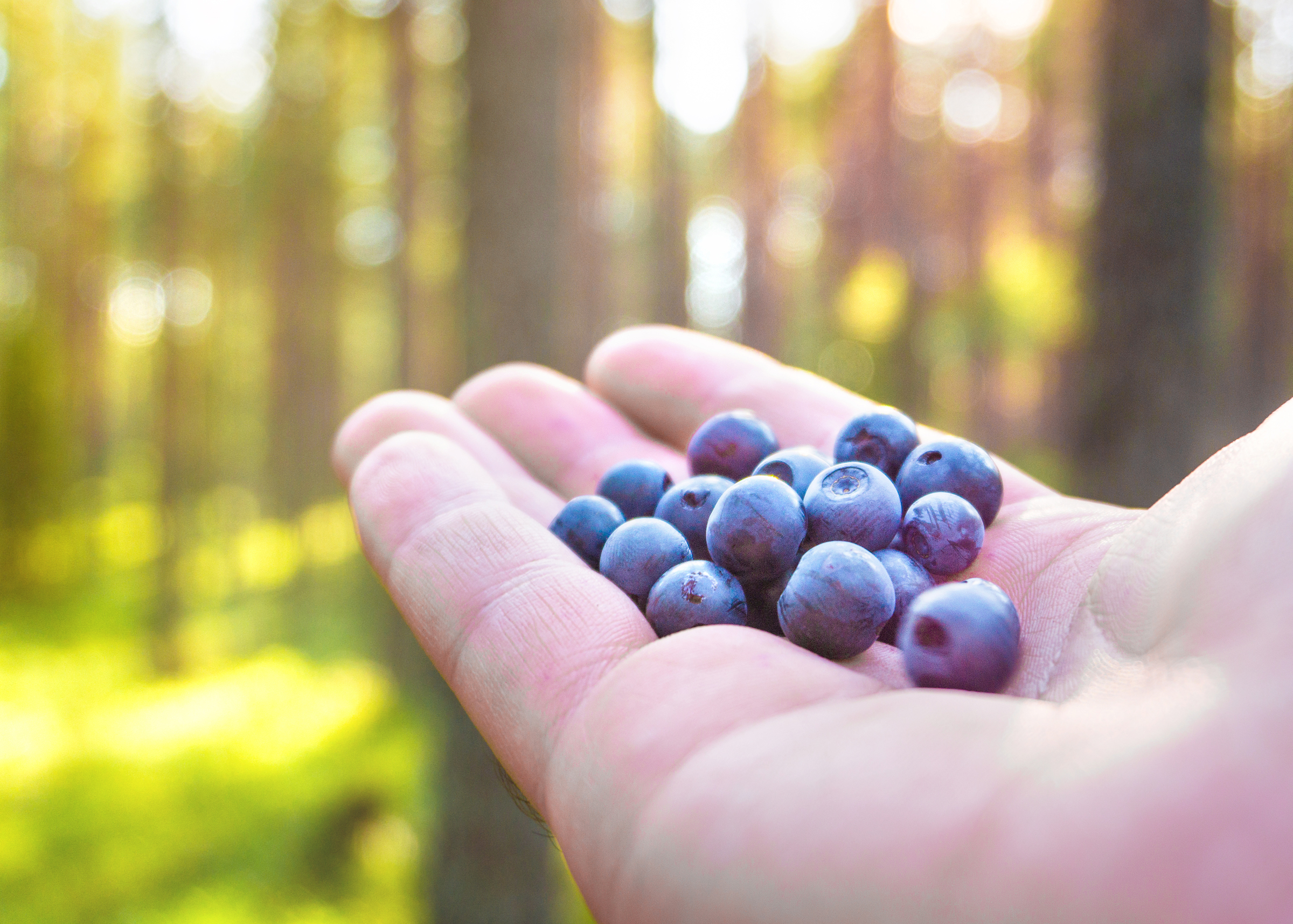Get Easy Health Digest™ in your inbox and don’t miss a thing when you subscribe today. Plus, get the free bonus report, Mother Nature’s Tips, Tricks and Remedies for Cholesterol, Blood Pressure & Blood Sugar as my way of saying welcome to the community!
The Nordic diet: Fad or lifestyle?

If you pay attention to food trends, you’ve probably heard of the Nordic diet.
And since it has the word “diet” in the name, you might expect me to write it off.
But this is one of the rare eating approaches I can get behind — with caveats…
What is the Nordic diet
As you might guess, the diet is based on the way people in Scandinavia have been eating for years. So while the Nordic diet highlights more lingonberries and fewer olives, the premise is the same: Similar to the Mediterranean diet (my other endorsed method of eating), the Nordic diet is all about eating local, seasonal, mostly plant-based whole foods.
In fact, the biggest difference between the two diets may be the go-to oil, the Nordic diet relies on canola oil, whereas the Mediterranean focuses on olive oil. Both are high in healthier unsaturated fat.
But here’s my big caveat –- conventional canola oil is extracted using a process that can reduce the overall health properties of the oil while leaving unhealthy chemical residues behind. Always look for versions that are “cold pressed”, which means the oil is extracted from seeds using pressure only.
Both the Mediterranean and Nordic approaches de-emphasize meat, but the Nordic diet allows for some game meat (venison, rabbit, bison).
How should you adapt to this diet if you live in the U.S.?
You could transfer the principles to your local area. For me, in Minnesota, that means more Nordic and less Mediterranean (yes, I can occasionally find lingonberries at my grocery store!) If you’re in California, you can take advantage of year-round produce. If you’re in Maine, load up on those beautiful blueberries and have some lobster from time to time.
Wherever you live, if you eat lots of local produce and cut down on meat, you’ll likely naturally follow the tenets of the Nordic diet. Expect to eat lots of:
- Whole grains, including rye, barley and oats
- Whole fruits (not just the juice)
- Vegetables, including root veggies
- Fatty fish
- Low-fat dairy, such as yogurt
- Legumes
And while they may be prevalent in Nordic countries, you should still consume eggs and game meat in moderation — and alcohol and other red meats only rarely. And always avoid added sugar, processed meat, foods high in sodium, and fast food (yes, they do have McDonald’s in Sweden, and no, it does not count as local or Nordic.)
According to the Cleveland Clinic, eating the Nordic way should add up to way less sugar than you’d get on a typical American diet, and about twice the fiber and seafood. You’ll reap lots of heart-healthy benefits, too, including reduced inflammation, lower cholesterol, lower blood pressure and maintenance of a healthy weight
Best of all, this isn’t a diet that you need to make a resolution to follow. In fact, the Nordic diet and the Mediterranean diet aren’t really diets at all. They’re lifestyles, which is why you probably won’t fail when you adopt them.
Editor’s note: Are you feeling unusually tired? You may think this is normal aging, but the problem could be your master hormone. When it’s not working, your risk of age-related diseases skyrockets. To reset what many call “the trigger for all disease” and live better, longer, click here to discover The Insulin Factor: How to Repair Your Body’s Master Controller and Conquer Chronic Disease!













